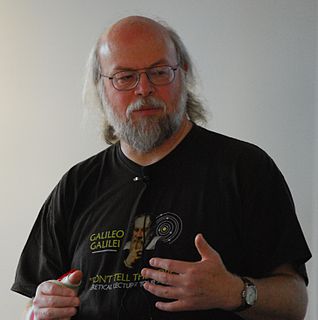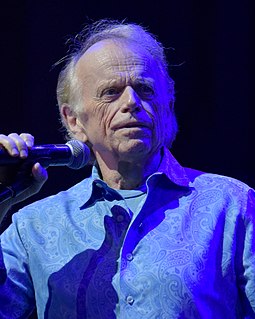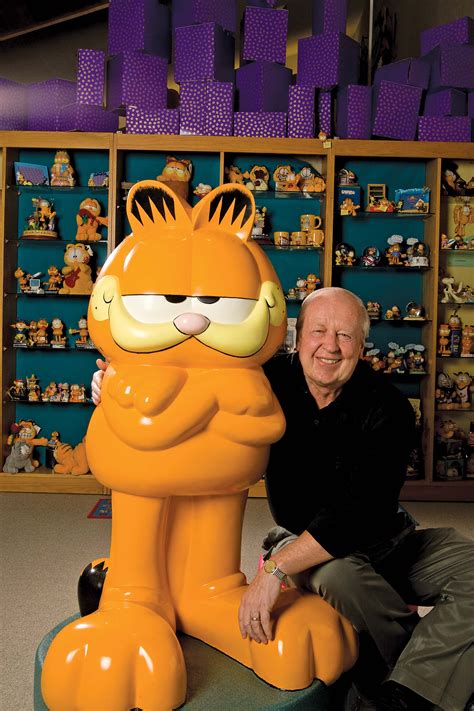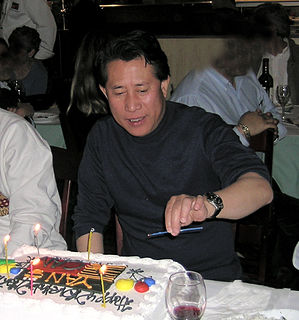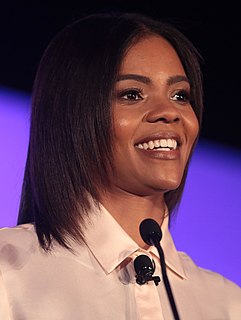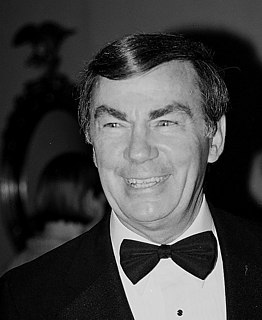A Quote by Will Rogers
Just read the farm relief bill. It's just a political version of Einstein's last theory. If a farmer could understand it, he certainly would know more than to farm. He would be a professor at Harvard.
Related Quotes
The farmer and the farm, like "the environment," are looked upon, for example, as means to offset trade deficits. The farm is a place where we can externalize costs. The cost of pesticides to the farmer and the cost of the pesticides to the soil and groundwater are regarded similarly by the public: "a serious problem that something ought to be done about." But the problem is more fundamental than this glib statement would indicate, for soil pollution is an expense of production. So are pesticides and nitrates in our farm wells. So is the loss of farmers from the land.
A farm includes the passion of the farmer's heart, the interest of the farm's customers, the biological activity in the soil, the pleasantness of the air about the farm -- it's everything touching, emanating from, and supplying that piece of landscape. A farm is virtually a living organism. The tragedy of our time is that cultural philosophies and market realities are squeezing life's vitality out of most farms. And that is why the average farmer is now 60 years old. Serfdom just doesn't attract the best and brightest.
Here is my Farm Relief bill: Every time a Southerner plants nothing on his farm but cotton year after year, and the Northerner nothing but wheat or corn, why, take a hammer and hit him twice right between the eyes. You may dent your hammer, but it will do more real good than all the bills you can pass in a year.
The good people of Dakota offered to give Calvin Coolidge a farm if he would live on it. I wouldn't advise you to give those people too much credit for generosity. There is not a farmer in any State in the West that wouldn't be glad to give him a farm if he will paint it, fix up the fences and keep up the series of mortgages that are on it. And if you think Coolidge ain't smart, you just watch him not take it.
A farm regulated to production of raw commodities is not a farm at all. It is a temporary blip until the land is used up, the water polluted, the neighbors nauseated, and the air unbreathable. The farmhouse, the concrete, the machinery, and outbuildings become relics of a bygone vibrancy when another family farm moves to the city financial centers for relief.
The Cubs, we built one of best farm systems - I think for a while there, it was the best farm system in baseball. And that was great. It got a lot of attention. But we didn't want the credit for the farm system. What we wanted was to see if we could do the tricky part, which was turn a lauded farm system into a World Series champion.
I learned conservatism through my grandfather; I didn't know that was the name. I didn't know these were conservative principles. Starting his life on a sharecropping farm. Working tremendously hard. Five years old, picking cotton and laying tobacco out to dry on a farm, and today he now owns that farm.



